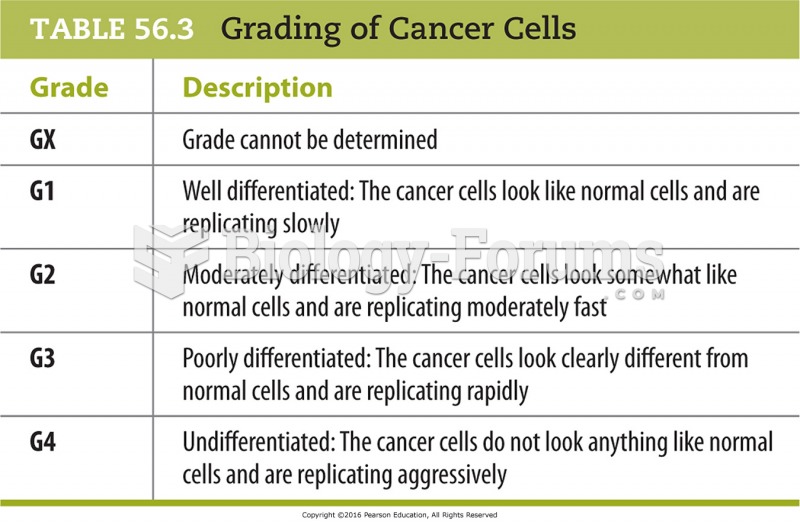Which of the following statements about goal-attainment grading is most defensible?
A. Because students' effort plays such a pivotal role in a student's ultimate learning, all goal-attainment grading must include a provision for incorporating students' levels of effort.
B. Given its focus on students' mastery of curricular-targets, goal-attainment grading essentially precludes the possibility of teachers' measuring students' affective dispositions.
C. Because of the centrality of curricular aims in any goal-attainment conception of grading, the curricular targets being sought should be carefully described to students' parents and to students themselves at grading time.
D. If a teacher can collect defensible assessment evidence of a student's mastery of the teacher's designated curricular aims, then this evidence should be the only basis for goal-attainment grading.
Question 2
A child's parents request a conference with the art teacher and the regular classroom teacher because he earned a B in art class. The parents say that their son is very smart so he must be highly creative; they also are upset that this grade ruins his straight As. How could the teacher respond diplomatically to the parents' concerns?
A) You know that being smart and being artistic are two entirely different things.
B) You're absolutely right. Any child who is strong academically surely would excel in art.
C) Statistically speaking, children with good grades in the three Rs are not necessarily outstanding in art, music, or physical education.
D) I understand your concern about your child's performance in art; there definitely are some things we can do to together to improve his performance in the class.






